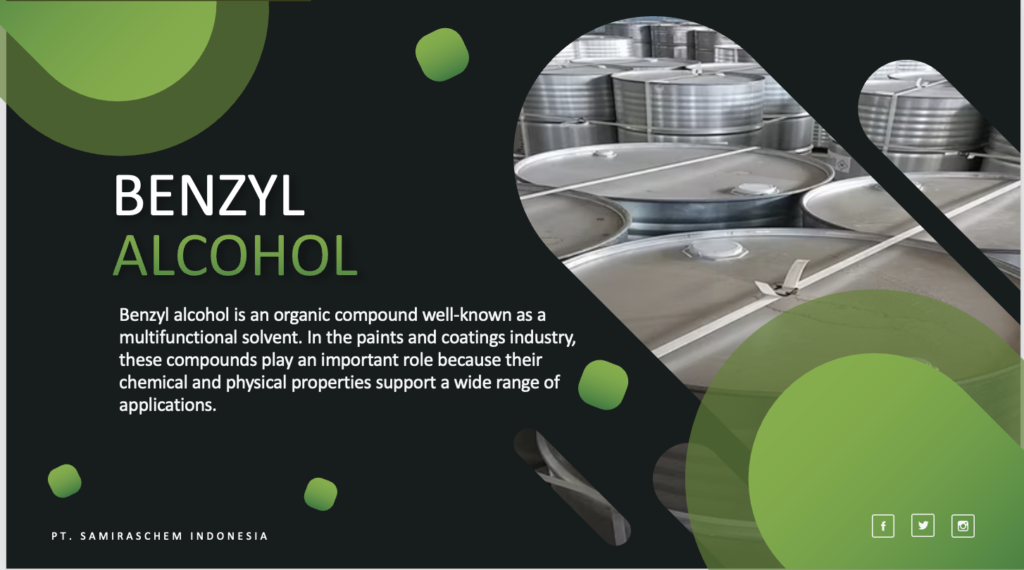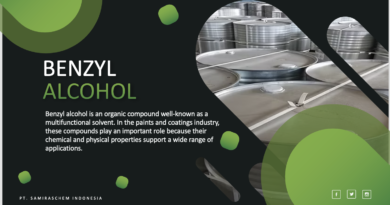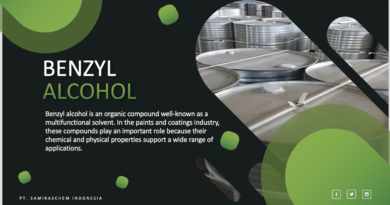is benzyl alcohol bad for skin
is benzyl alcohol bad for skin ? Benzyl alcohol is a common ingredient in cosmetics and skincare products. Its effects on the skin can be either beneficial or harmful, depending on the concentration, frequency of use, and an individual’s skin type. To determine whether benzyl alcohol harms the skin, it is essential to consider its properties, applications, and associated risks.
Understanding Benzyl Alcohol – is benzyl alcohol bad for skin
Benzyl alcohol is a type of aromatic alcohol. It occurs naturally in essential oils such as jasmine and ylang-ylang and is also synthetically produced for commercial use. In skincare, it serves various purposes, including acting as a preservative, solvent, or fragrance component. This multifaceted utility makes it a popular choice in a wide array of personal care products, from moisturizers to cleansers.
One primary function of benzyl alcohol in cosmetics is preservation. It prevents microbial contamination, prolonging the shelf life of products. This property is particularly vital for water-based formulations, which are prone to bacterial growth. Moreover, benzyl alcohol also acts as a solvent, enhancing the effectiveness of active ingredients by dissolving them and ensuring even distribution. Additionally, it is sometimes added to products for its mild aromatic properties, providing a subtle fragrance.
Potential Benefits for the Skin
When used in appropriate concentrations, benzyl alcohol can offer certain benefits:
- Preservation: By preventing microbial growth, it reduces the risk of skin infections caused by contaminated products. This protection is especially important for products with high water content.
- Enhanced Stability: Its preservative role helps maintain product efficacy over time. is benzyl alcohol bad for skin ?
- Improved Formulations: As a solvent, it ensures that active ingredients disperse evenly, which may enhance their absorption into the skin.
- Mild Fragrance: Its aromatic properties contribute to a pleasant user experience.
These benefits illustrate why benzyl alcohol remains a widely accepted ingredient in the cosmetic industry when used responsibly.
Risks and Concerns
While benzyl alcohol offers advantages, it also poses risks. Some of the potential adverse effects include:
- Skin Irritation: Benzyl alcohol may cause irritation, especially in individuals with sensitive or compromised skin. Symptoms include redness, itching, or a stinging sensation.
- Allergic Reactions: In some cases, it triggers contact dermatitis, characterized by inflammation and discomfort.
- Dryness: High concentrations of benzyl alcohol strip the skin of its natural oils, leading to dryness and potential disruption of the skin’s barrier function.
- Toxicity Concerns: Excessive amounts or inappropriate use of benzyl alcohol can be toxic. Regulatory bodies strictly control its concentration in cosmetic products to minimize risks.
Adverse effects often result from improper formulation or overuse of products containing benzyl alcohol. For most individuals, using products with low concentrations of benzyl alcohol poses minimal risk.
Transitioning to Safer Use
To mitigate potential risks:
- Patch Test: Conduct a patch test before using a new product to ensure compatibility with your skin.
- Check Concentration Levels: Choose products where benzyl alcohol appears towards the end of the ingredient list, indicating a lower concentration.
- Follow Instructions: Use products as directed to avoid overexposure.
- Consult Professionals: Consult a dermatologist for advice on suitable products if you have sensitive skin or existing conditions.
Regulatory Perspectives
Regulatory agencies like the U.S. Food and Drug Administration (FDA) and the European Union (EU) have established guidelines on the safe use of benzyl alcohol in cosmetics. According to these guidelines, benzyl alcohol concentrations of up to 1% are safe for leave-on products, while higher concentrations may be permissible in rinse-off formulations. These regulations aim to balance the benefits of benzyl alcohol with consumer safety.
Conclusion – is benzyl alcohol bad for skin ?
In conclusion, benzyl alcohol is not inherently bad for the skin. Its impact depends on factors such as concentration, formulation, and individual skin type. When used responsibly and within regulatory limits, it serves as a valuable ingredient in skincare products. However, overuse or exposure to high concentrations can lead to dryness reactions. To ensure safe use, consumers should remain informed, read product labels carefully, and seek professional advice when necessary. By doing so, they can enjoy the benefits of benzyl alcohol while minimizing potential risks.






